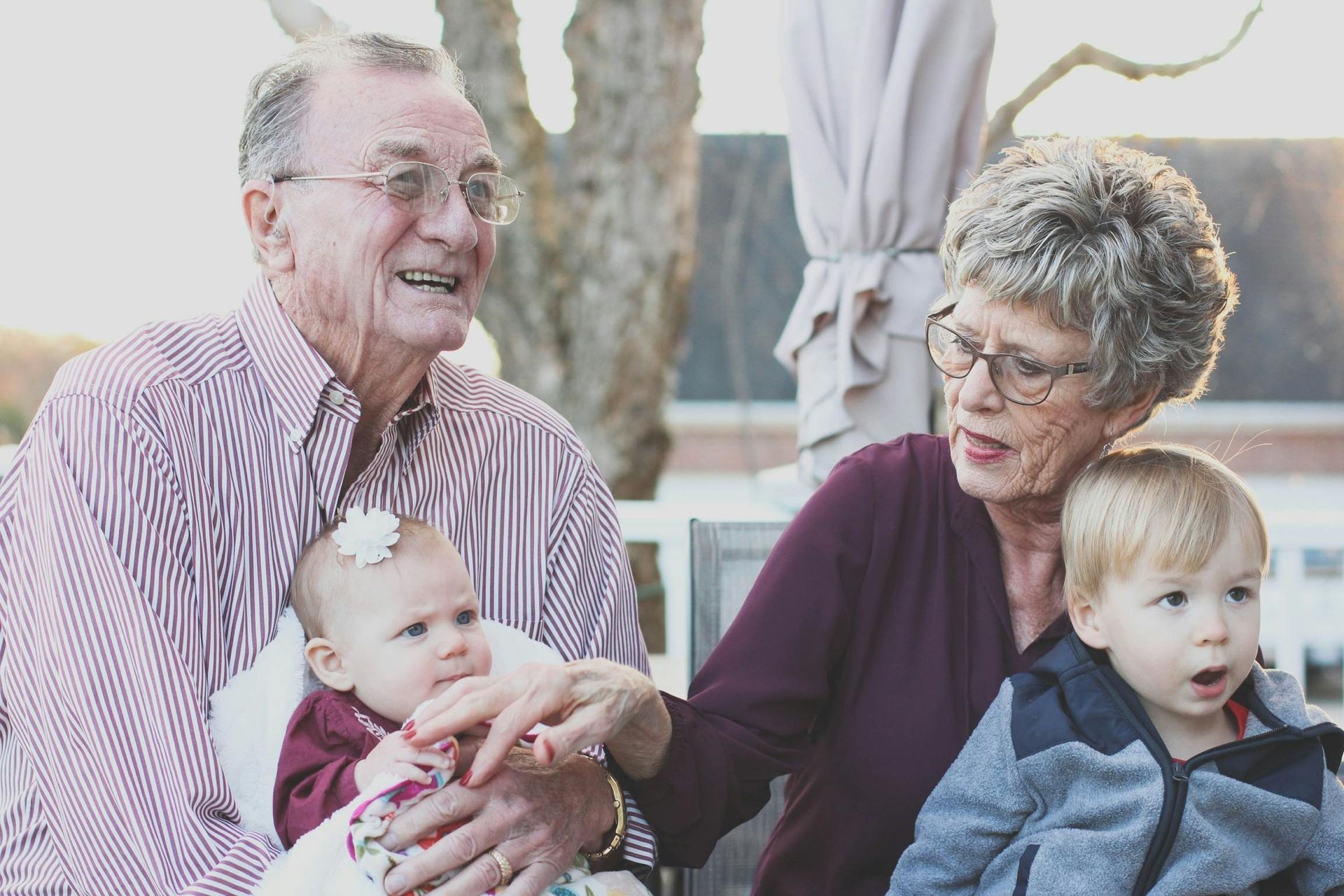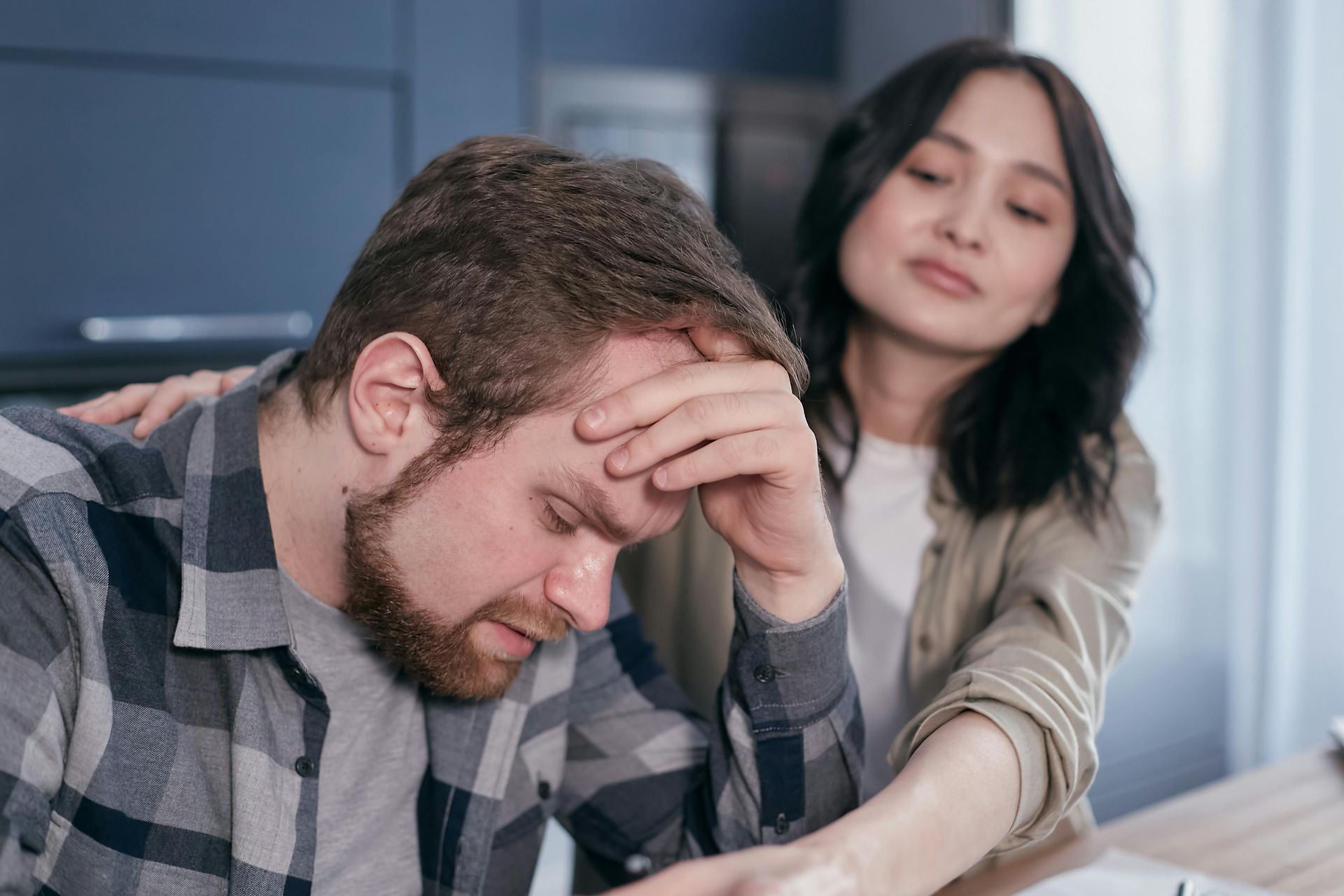Power of Attorney: What You Need to Know in Virginia
When planning for the future, most people focus on wills and trusts—important tools for managing what happens after death. But what about during your lifetime, especially if you become unable to make decisions for yourself?

That’s where a Power of Attorney (POA) comes in. It's a vital part of any complete estate plan and one that’s especially important here in Virginia.
What Is a Power of Attorney?
APower of Attorneyis a legal document that gives someone else—the “agent” or “attorney-in-fact”—the authority to act on your behalf. This can include handling financial matters, managing property, paying bills, or even making healthcare decisions, depending on the type of POA you create. In Virginia, a POA must meet specific legal requirements to be valid and effective, which is why working with an experienced estate planning attorney is so important.
Why Is a Power of Attorney So Important?
Life is unpredictable. An illness, accident, or decline in mental capacity can happen without warning. If you become unable to manage your affairs and don’t have a POA in place, your loved ones may be forced to go through acourt process to have a guardian or conservator appointed—a stressful, time-consuming, and often costly experience.
Having a POA ensures:
- Your affairs are managed by someone you trust
- Court intervention is avoided
- Continuity in financial or healthcare decisions during a crisis
Types of Power of Attorney in Virginia
Virginia recognizes several different types of POAs. Understanding the differences can help you choose the right one for your situation.
1. General Power of Attorney
Gives broad authority to the agent to manage financial and legal matters, including banking, real estate, taxes, and investments. It ends if you become incapacitated—unless it’s aDurable POA.
2. Durable Power of Attorney
This is the most common type for estate planning. It remains in effecteven if you become incapacitated. A durable POA provides long-term protection and avoids the need for guardianship or conservatorship.
3. Springing Power of Attorney
Only becomes effective if and when you become incapacitated. This can sound appealing, but determining incapacity can sometimes cause delays or disputes.
4. Limited or Special Power of Attorney
Grants authority for a specific task or limited period—such as signing documents while you're traveling or selling a property.
5. Medical (Healthcare) Power of Attorney
Also called an Advance Medical Directive in Virginia, this document lets you name someone to makehealthcare decisionson your behalf if you're unable to communicate or make decisions yourself.
Requirements for a Valid POA in Virginia
To be legally enforceable in Virginia, a POA must:
- Besigned by the principal(you)
- Benotarized
- Clearly identify the agent and their powers
- Be created while you are of sound mind and legal capacity
While Virginia law does not require witnesses for a POA, having one or morewitnessescan strengthen its enforceability—especially if it’s challenged later.
Choosing the Right Agent
Your agent will have access to sensitive financial or medical decisions, so it’s crucial to choose someone you trust fully. This could be a spouse, adult child, close friend, or even a professional advisor. You may also namesuccessor agentsin case your first choice is unable or unwilling to serve.
Qualities to look for:
- Trustworthiness
- Organizational and communication skills
- Willingness to serve in your best interest
- Proximity (ideally someone nearby in case of emergencies)
Can a Power of Attorney Be Revoked?
Yes. As long as you are mentally competent, you canrevoke or changea POA at any time. It’s also wise to periodically review your documents to ensure your chosen agent and instructions still reflect your wishes.
Common Misconceptions About Power of Attorney
“I don’t need a POA until I’m older.”
Disability or incapacity can strike at any age. A POA is important for anyone over 18.
“My spouse can automatically make decisions for me.”
Not always. Without a POA, even your spouse may need court approval to act on your behalf.
“Once I give someone power of attorney, I lose control.”
Not true. As long as you are mentally competent, you can continue to make your own decisions and revoke the POA at any time.
How The Edwards Law Firm Can Help
AtThe Edwards Law Firm, we understand that creating a Power of Attorney is about more than paperwork—it’s aboutprotecting your autonomy and peace of mind.
We provide:
- Personalized POA documents tailored to your needs
- Guidance on choosing the right agent
- Healthcare directive and living will preparation
- Durable POAs that comply with current Virginia law
- Help updating or revoking outdated documents
Plan Ahead—Protect Yourself and Your Loved Ones
A Power of Attorney is one of the most important tools in your estate plan. It ensures your affairs are handled smoothly, your wishes are honored, and your family avoids unnecessary legal challenges during already difficult times.
Whether you’re just starting your estate plan or updating an old one,The Edwards Law Firm is here to help.
Call us today at540-315-4099to schedule a consultation and take the next step toward protecting your future.




